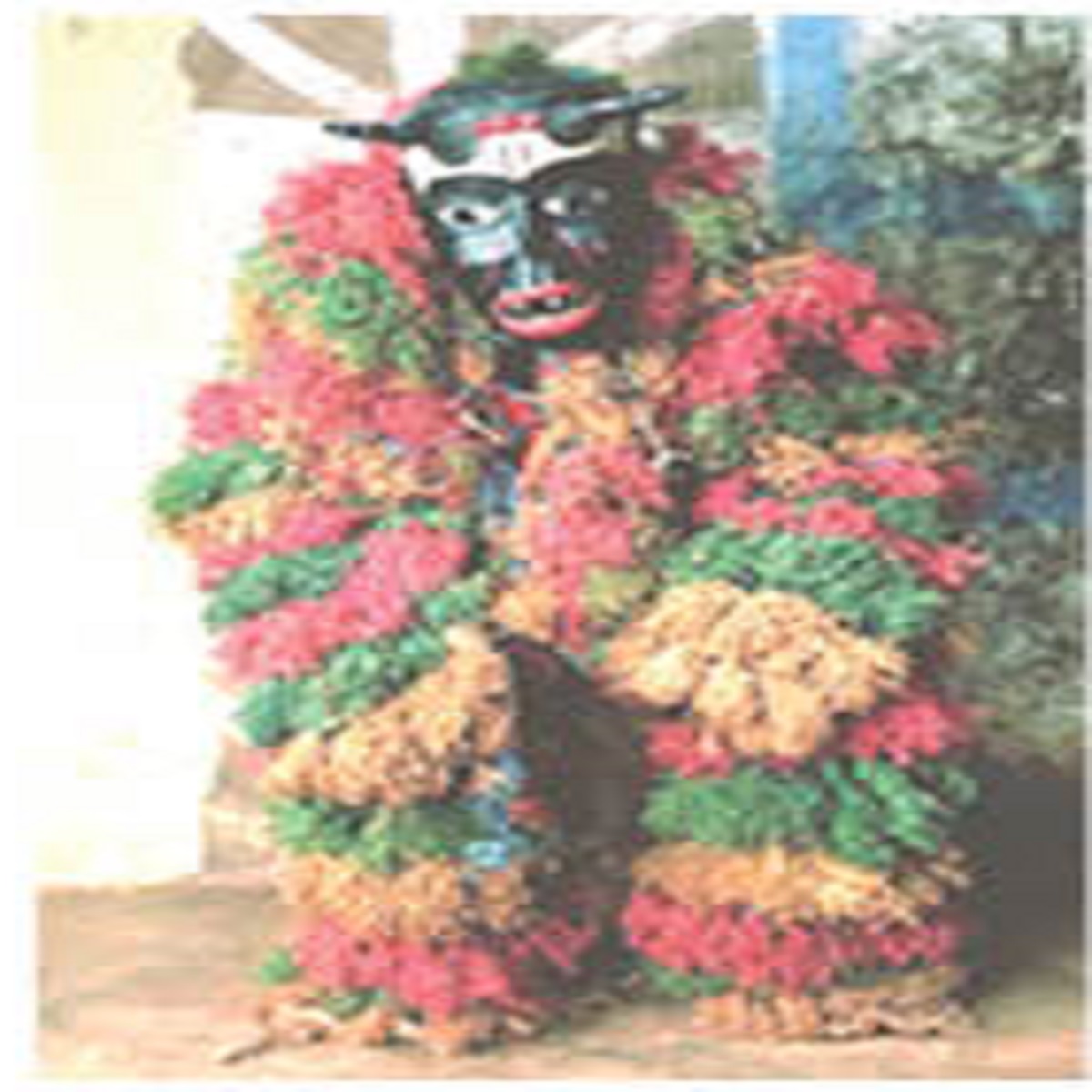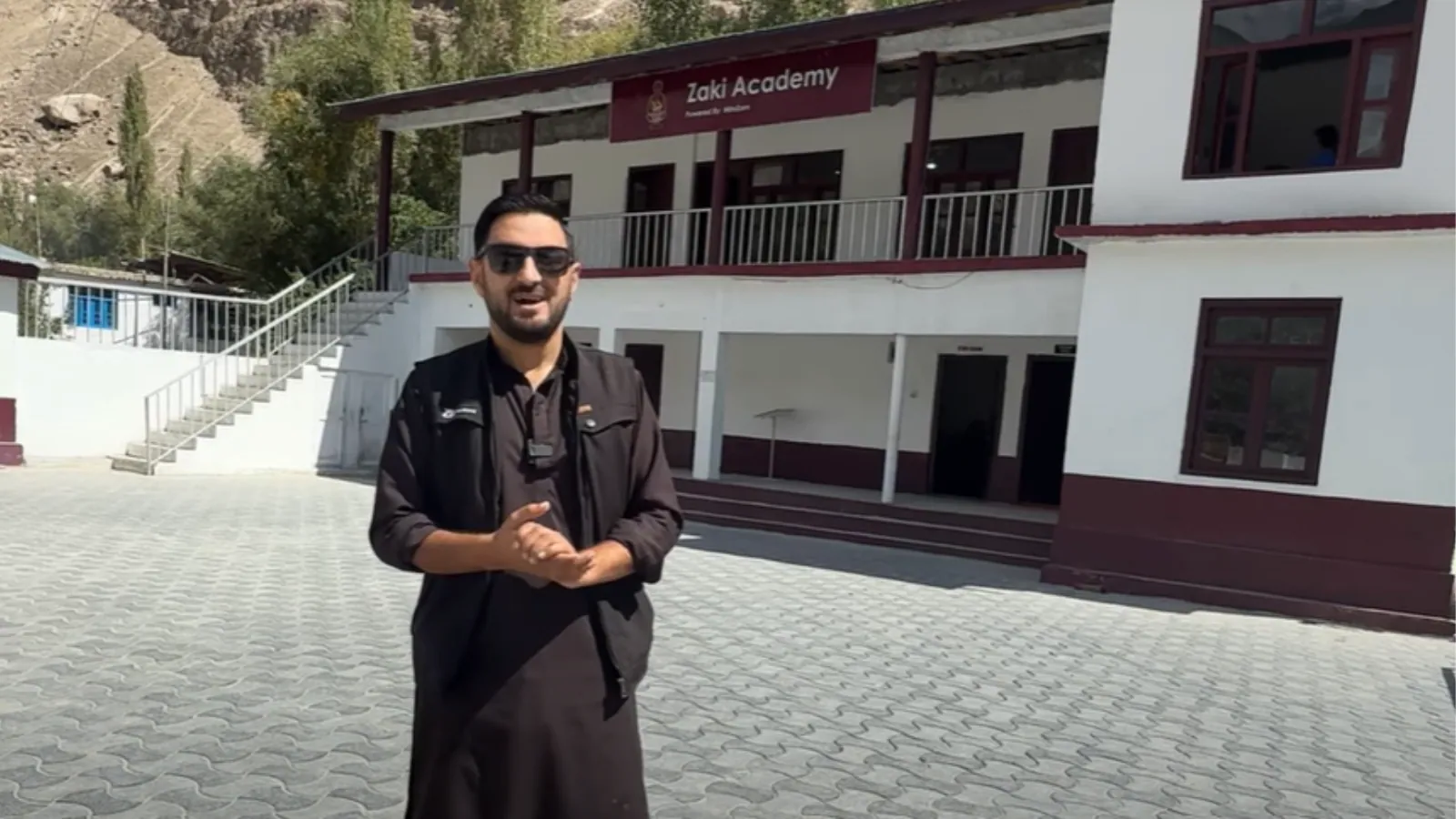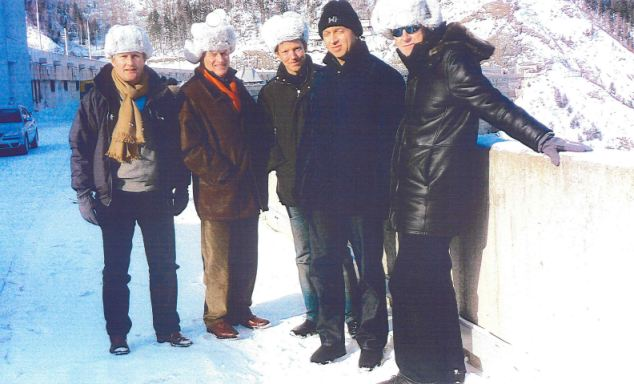By Moses Ojo Isola
Copyright tribuneonlineng

THE origin of Egungun in Ijeshaland, a region predominantly inhabited by the Ijesha people, a subgroup of the Yoruba ethnic group in Southwestern Nigeria can be traced through both oral traditions and cultural history of Ijesha people.
In Ijeshaland, Egungun is a revered cultural masquerade festival to honour ancestors and the dead. It’s an Integral part of Yoruba tradition, particularly in Ijesha culture.
Egungun refers to the Yoruba masquerade tradition associated with ancestor reverence. It is both a spiritual and theatrical practice where masked figure (Egungun) represent the spirits of deceased ancestors returning to bless, warm, or judge the living.
The origin of Egungun in Ijeshaland based on various reasons, such as Spiritual and Religious roots. It is believed to have originated as a form of ancestral worship in entire Yoruba race including Ijesha, hold a strong belief in the continued presence and influence of ancestors in the affairs of the living.
In Ijeshaland, Egungun is seen as a way to honour ancestors, maintain social morality, and reinforce community Value and Development.
According to oral tradition, Egungun was introduced in Ijeshaland in two major ways.
a) Through influence Oyo- Some historians says that Egungun was introduced to Ijeshaland through Cultural and Religious exchanges with the Oyo Empire, where Egungun cult was already deeply rooted, while, the others say, the connection of Ijeshaland and Ile-Ife which was considered as crade of Yoruba tradition and race civilization, was later indigenized by the Ijesha people.
In Egungun worship, the priest is predominantly be a male issued, but, at times, female have their own in Ijeshaland, that is, the devotees are not exclusively male. While traditionally, men have played prominent roles in Egungun masquerade performances and rituals, women can also participate in various ways: Some of the women roles are: Supporting roles: Women often participate in supporting roles, such as Singing, Dancing, or providing Spiritual Support; Rituals and ceremonies: Women may participate in certain rituals and ceremonies associated with Egungun worship. In Ijeshaland, there a certain devoteescalled “ Iya-Agan” who had her own Egungun and even others like “Etiyeri-Mama Odidi”- who is demised now, had her own type of Egungun. They are performing various rituals or sacrifices to appease to their ancestors. So, the modern Egungun practices gave room for women to be more inclusive, allowing women to take more prominent roles or participate in masquerade performances.
In this case, Egungun cultural festival can be considered a form of cultural inheritance passed down through generations. Because, Egungun involves tradition, customs, and practices passed down from ancestors to younger generations in other to maintain cultural continuity, connecting the community to their heritage and history. For instance, Egungun festivals are an integral part of Ijesha community identity. The Egungun traditions are often tied to specific families or communities, with roles and responsibilities passed down through generations by both an ancestors and Elders who had experienced practitioners that passed to their siblings or relations in form of skills, and cultural values to younger generations especially in Ijeshaland. This is the purpose of making Egungun festival after “Iwude” and “Obalogun” festival in around December; every year in order to help preserve Ijesha cultural heritage by ensuring its continuation and relevance.
The social integration and development being found in Egungun cultural tradition in Ijeshaland helps them to preserved it, is that, the community bonding that exists among the sons and daughters during the Egungun festivals foster community unity and social cohesion, as well as helping the Ijeshas and Yoruba at large for cultural identity and communal participation in the festival. This also serves as a bridge across lineages, i.e. various families and villages sponsor different Egunguns.
Furthermore, Egungun often serves as moral watchdogs, publicly shaming of wrong doers or offering veiled criticism through satire and chants, discouraging anti-social behaviour.
Therefore, in Ijeshaland, the Egungun traditions functions as more than a religious ritual. It is a social institution that promotes harmony, continuity, and collective Identity.
•Isola is Assistant Director, National Museum, Ile – Ife, Osun State.
ALSO READ TOP STORIES FROM NIGERIAN TRIBUNE



